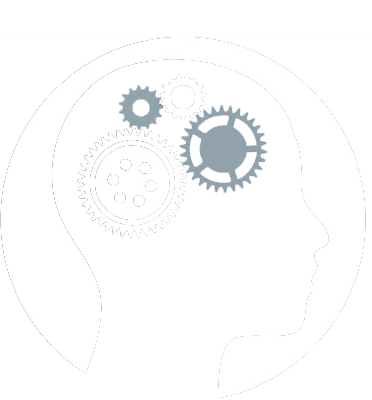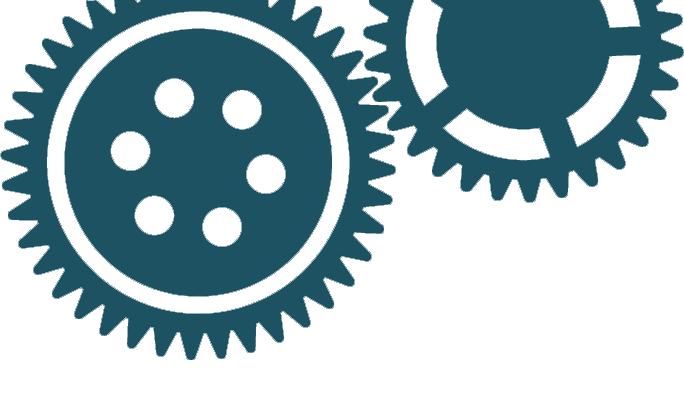Fact-checking war and snakes with Polish students – a journalist’s view
Last December, Gabriela Baczynska and Anna Slojewska, two Polish journalists living in Brussels, brought the training materials of media-literacy non-profit Lie Detectors to 225 children in Warsaw. Gabriela, a Brussels-based Reuters correspondent, gives her personal account of returning to her home country to teach Polish children how to spot fakes online, how professional journalism works, and why it’s worth telling the difference.
Why did you want to take Lie Detectors’ work to Poland?
I’d been training children aged 10-15 how to consume online media safely in Brussels for just over a year. I’d seen how enthusiastically students here engage with Lie Detectors’ workshop on spotting and stopping fake news and how applicable traditional journalistic tools – verifying sources, cross-checking information and talking to experts – are to kids and teens navigating social media.
So, naturally, I thought it would be great to take this excellent programme to my home country. Political polarisation in Poland has damaged shared understanding of basic facts and reduced trust in key social institutions – including journalism. I’ve long wanted to introduce Lie Detectors’ curriculum, which aims to strengthen democracy, to Poland. So, when Lie Detectors asked me to head to Warsaw last year, I said yes.
What concerns did you have? What hurdles did you anticipate before heading into the Warsaw classrooms?
Poland and Ukraine are neighbours, which means that Russia’s war in Ukraine is much closer to people in Warsaw, physically and emotionally, than it feels to many of those living in Brussels. Russian disinformation is rife, and the war is on everyone’s mind. I was expecting much of the discussion in the classrooms in Poland to focus on that. And, indeed, that is what happened.
Anna and I arrived in Warsaw just days after the Associated Press – one of the world’s most trusted news outlets – mistakenly reported that missiles that hit a Polish town bordering on Ukraine and killed two Polish civilians had been Russian. It later issued a correction saying “the missiles were Russian-made and most likely fired by Ukraine in defense”.
This story was still very much on everyone’s mind when we walked into the classrooms in Warsaw that week and the fear of potential consequences weighed heavy on the already tense atmosphere.
That gave Anna and me ample opportunity to discuss with students in Warsaw the standards of journalism, the value behind cross-checking and comparing information, the need to identify and check multiple knowledgeable sources.
It was a very potent example that cut to the core of Lie Detectors’ mission to teach school children critical thinking and verifying information, as well as bring journalism closer to them so they can understand why it’s important that it is done well – and what happens when it isn’t.
How did you feel on the morning of your first classroom visit in Warsaw?
Excited and ready to go!
How did the children react to you in the classroom?
As in Brussels, students were interested in getting to meet a journalist in person. They were also vocal about the emotional strain of the COVID pandemic, an oft-repeated sentiment when we analyse an example of false information widely shared at that time: advising people to drink garlic water to cure or prevent the disease.
Younger students often asked whether there is a lot of fake news out there. I saw their distress when I had to say that yes, there is plenty. But I also highlighted that our workshop is intended to address that by giving them tools to identify fake news. I hope they left feeling more empowered than upset.
One student asked me directly whether I ever made stuff up for my articles. This is actually one of the most valuable questions we can get when we visit classrooms. I used the opportunity to discuss the importance of correcting swiftly if I – or other professional journalists – make an unintentional mistake.
What’s the most memorable moment from your classroom visits in Warsaw?
I was extremely pleased to see how well the Lie Detectors approach worked in a polarised environment. I wanted to avoid getting stuck in discussions that mirrored political divisions and instead discuss and practice with the students sound ways of establishing the facts and making up their own minds.
The Lie Detectors script did just that, focusing on exercising pupils’ own critical thinking skills instead of believing everything they are told. Starting with simple and non-controversial examples, we built a solid base to allow them to tackle more complex issues. In the end, I was only asked once what my own political views were, and I responded that I was not there to tell them WHAT to think but rather to help them learn HOW to ‘safely’ draw their own conclusions. The student seemed satisfied with that answer.
And the biggest surprise of your trip?
That emotionally powerful images can get in the way of critical analysis very easily. In a classroom of 10 to 11 year-olds, we spent a long time discussing improbable snake stories prompted by a bogus Daily Mail article about a Malaysian man marrying a cobra. It seemed that debunking one such story was not enough to make the class question the veracity of similar tales. We ended up analysing two more fake snake stories!
Similarly, in a class of 15 to 16 year-olds, students discussed the lack of content moderation on TikTok and how addictive the algorithm is for them. The students gave plenty of examples of fake stories that they themselves had spotted. And yet several of them reported scrolling through TikTok for hours, even though they knew much of what they were seeing was untrue.
How does the experience of visiting classrooms in Warsaw compare to visits in Brussels?
In Warsaw, the students (including several Ukrainian students) are more exposed to the war in Ukraine and more conscious of deliberate Russian disinformation than the students I get to know in Brussels, where I live. In general, however, I found more similarities than differences among kids and teens in the classrooms in Belgium and Poland.
What would you like to see happen next?
I would like to see Lie Detectors develop a full, permanent programme in Poland covering both public and private schools. I think it’s as needed in Poland and other countries in the region as anywhere else, and see great value in building those east-west bridges of cooperation and friendship, particularly via such a wonderful and timely initiative. Watch this space!
————-
Gabriela Baczynska has more than 15 years of experience reporting for Reuters from Poland, Russia, Ukraine and EU hub Brussels. She has been a member of the Belgian Lie Detectors journalist volunteer team since 2021. Find Gabriela on LinkedIn here.



